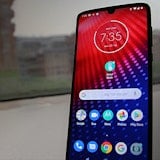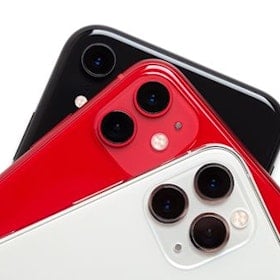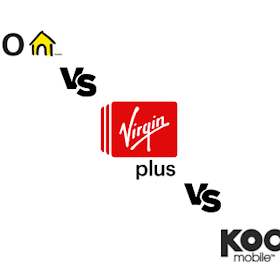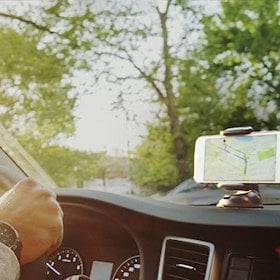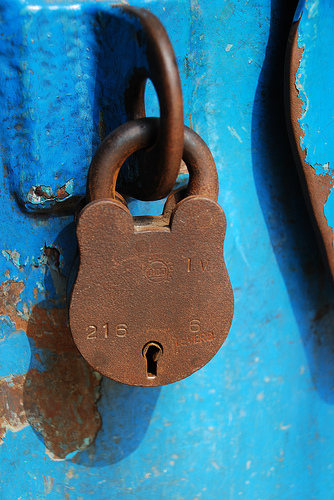 As of this past Saturday the 26th of January it is now illegal for anyone who has bought a device since October 28th 2012 to unlock their device without expressed permission from their carrier. The reason for the odd-sounding timeframe is that after the law was passed in October last year, a 90 day grace-period was allowed. That period has now expired.
As of this past Saturday the 26th of January it is now illegal for anyone who has bought a device since October 28th 2012 to unlock their device without expressed permission from their carrier. The reason for the odd-sounding timeframe is that after the law was passed in October last year, a 90 day grace-period was allowed. That period has now expired.
Whether or not the Library of Congress (LoC) has made the correct decision here is really a subjective matter, one that we’ll try to leave alone, but we thought it wise to at least discuss the LoC’s reasoning.
The Digital Mellennium Copyright Act (DMCA) states that the firmware on a device, such as a cell phone, is owned by the carrier and not the customer. Therefore making unauthorized changes to said firmware would require permission from the owner: the carrier.
Every three years the DMCA is revised and the LoC decides if there should be any specific exemptions to its multitude of rules. In 2006 the LoC decided that customers should be able to unlock their own devices, as unlocked cell phones were difficult to come by and many buyers were forced to shop overseas, meaning that money was leaving American shores.
In 2012 this decision was reversed, partially because the number of unlocked devices on offer from both carriers and independent retailers has increased.
Why Unlock a Cell Phone?
Most carriers lock most of their devices, meaning that said device will only work on that specific carrier’s network. If a user wishes to travel overseas and still use their cell phone, or switch between carriers, they can’t do it unless they unlock the device.
Once unlocked, it’s a simple matter of switching to a new SIM card to connect to the new network.
Many users in the US buy a cell phone outright from one carrier, unlock it and then use it on a different network which they find more appealing to their needs. This is now no longer legal.
Can a Phone be Unlocked Legally?
There are still a few ways. The easiest way is to simply buy an unlocked phone. Apple sells unlocked iPhones from its Apple stores and some retailers like Best Buy sell a wide range of unlocked devices.
Alternatively, some carriers may give permission to unlock a device if asked. However, this will usually require to the customer to be in good standing, have a good reason (such as international travel), and/or be past their contract timeframe.
What are the Penalties for Unlocking a New Cell Phone?
We don’t actually know. There could be fines involved, or even the confiscation of said device. It’s even possible that one may be sued by their carrier under the DMCA. We’ll really just have to wait and see what happens to the first unlucky few who decide to damn the man and unlock their phones anyway.
Image Source: Username Ravages on Flickr
Related Articles
Find Better Phones and Plans
Hundreds of cell phone plans unpacked. All the facts. No surprises.



